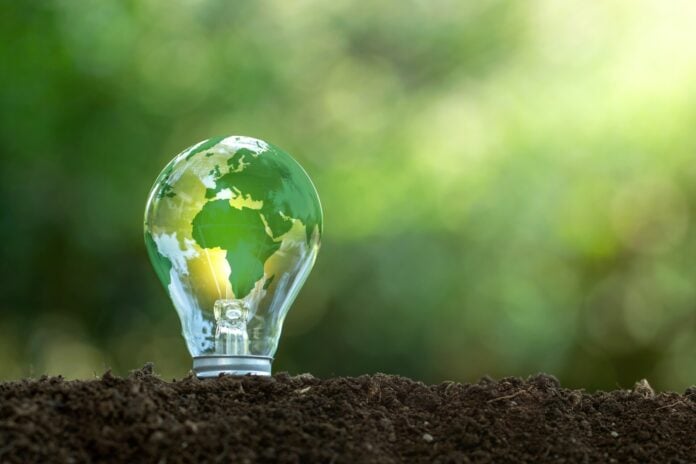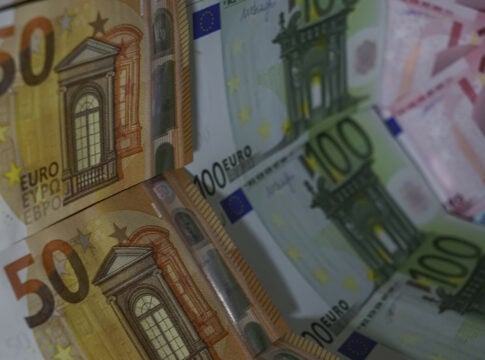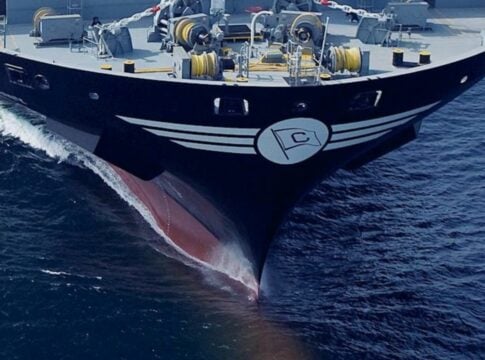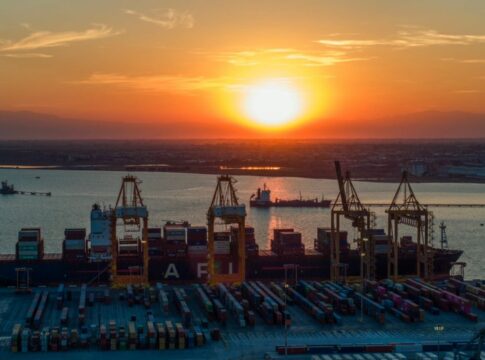The need and challenges for green investments in SE Europe and Greece dominated the Economist conference “Eighth Sustainability Summit for SE Europe & the Mediterranean – Re-inventing green leadership: Collectivity vs fragmentation of the Economist Impact”, held in Athens.
Rania Ekaterinari, President of the Executive Committee and Vice Chair of the Board of the Hellenic Federation of Enterprises (SEV), referred to the role of industry, stressing that the sector is the first employer, while at the same time it is called upon to make continuous investments. She highlighted the challenges facing the industry, such as those of digital acceleration, the green transition, the cost of energy and raw materials, as well as financing issues.
In addition, she referred to the National Energy and Climate Plan, which foresees investments of 95 billion euros until 2030, with an emphasis on RES, while she made special reference to the cost of carbon and the rights of CO2 emissions, complementing the need to avoid market distortions during the implementation of the green transition.
“We cannot talk about green transition if these amounts cannot be produced in Europe and Greece,” Ekaterinari stressed and warned that if these costs require exclusively imports, then “the costs from the trade balance deficit it will be huge,” thus highlighting the need for domestic production of technologies that will support the needs of carbonization.
As stated by Ioannis Tsakiris, vice-president, European Investment Bank (EIB), RES projects not only reduce emissions, but create new quality jobs. He made special reference to the project that will be implemented with the IPTO for the electrical interconnection of the islands with mainland Greece, storage projects, but also the production of batteries and green energy, which are implemented with EIB financing.
“As the Green Bank of the EU, we support projects that strengthen the protection of biodiversity, water resources, and sustainable agriculture,” Tsakiris said and emphasized the issues of synergies with the private sector and governments. The green transition is a great opportunity for Europe and Greece could lead it with strategic investments, but a plan focused on sustainability and innovation. Commenting on the Draghi report, Tsakiris spoke of a wake-up call, stressing the need to enhance the EU’s competitiveness.














